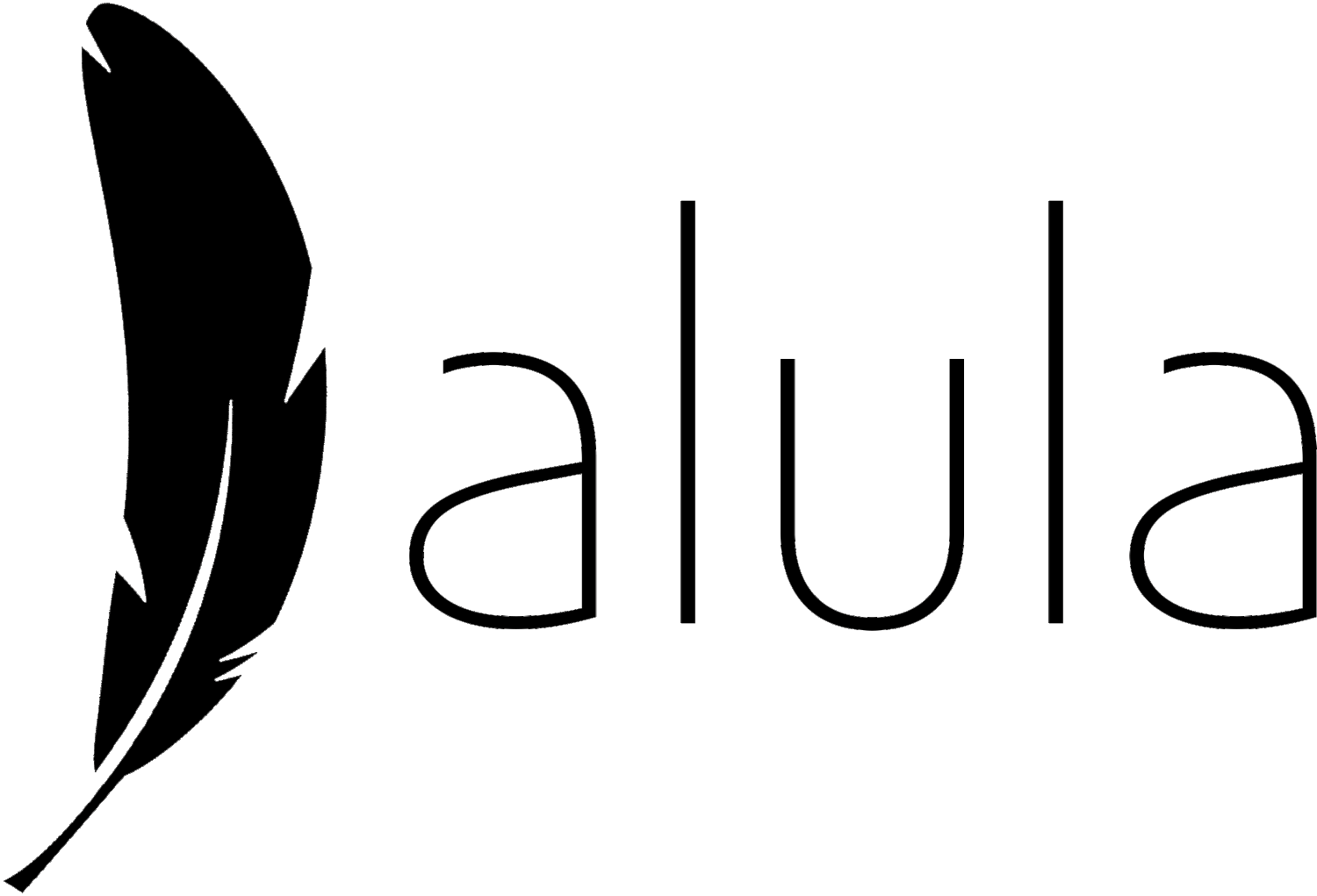Supporting Kids with Additional Needs in the Classroom
Heading back to school can be exciting—but for families supporting a child with a disability, it can also be challenging. New teachers, new routines, and busy environments can make it harder for kids to settle in. The good news? With the right supports in place, your child can thrive in the classroom, socially and academically.
The NDIS can help support your child’s education in a number of ways. While it doesn’t fund the school itself (as education is a state responsibility), it can provide:
Therapy sessions to build social, emotional or behavioural skills
Support workers to help before, during or after school routines
Funding for assistive technology, such as communication devices
Transport to and from school, especially if public transport isn’t an option
For example, if your child has difficulty regulating emotions or needs support with transitions, they may benefit from regular sessions with an occupational therapist or psychologist. These services can be funded through your child’s plan under the “Improved Daily Living” or “Improved Relationships” categories.
Alula works with families to integrate this support into their existing routines. We can liaise with your child’s teachers and school support staff (with your permission) to ensure everyone is on the same page. We also offer training and coaching for parents who want to feel more confident navigating school challenges.
Here are a few tips to make the school transition smoother:
Start a visual schedule. Let your child know what to expect each day with a simple chart or calendar.
Practice the routine. In the weeks leading up to school, try dressing, packing lunch and leaving at the same time each morning.
Create a calm-down plan. Talk with your child about what they can do when they feel overwhelmed at school.
Celebrate the small wins. Progress might look different for every child, and that’s okay.
School should be a place of growth and possibility. At Alula, we believe every child deserves the chance to feel included, valued, and supported.
